Düsseldorf, located in western Germany, has a rich history of urban development that spans centuries. The city has undergone significant changes and transformations, shaped by historical events, economic shifts, and architectural trends. Here is a brief overview of the history of urban development in Düsseldorf:
- Medieval Period: Düsseldorf’s origins can be traced back to the 7th century when it was a small fishing village on the east bank of the Rhine River. Over time, it developed into a town and gained market rights in the 13th century. The city’s growth was influenced by its strategic location along trade routes.
- Renaissance and Baroque Periods: During the Renaissance and Baroque periods, Düsseldorf experienced cultural and architectural flourishing. The city became the residence of the Counts Palatine in the 16th century and later the capital of the Duchy of Berg. The construction of notable buildings, such as the Schloss Benrath and the St. Lambertus Church, contributed to the city’s architectural identity.
- Industrialization: The 19th century brought industrialization to Düsseldorf, leading to a population boom and significant changes in the cityscape. The expansion of transportation infrastructure, including the construction of railways and the growth of manufacturing industries, played a crucial role in shaping the urban environment.
- World War II and Post-War Reconstruction: Düsseldorf, like many German cities, suffered extensive damage during World War II due to bombing raids. The post-war period saw a massive reconstruction effort. The city center, including the historic Altstadt (Old Town), was rebuilt, combining historical elements with modern architecture.
- Modern Era: In the latter half of the 20th century and into the 21st century, Düsseldorf continued to evolve as a major economic and cultural hub. The city became known for its modern architecture, including the Gehry-Bauten buildings designed by Frank Gehry along the waterfront. The MedienHafen (Media Harbor) redevelopment project transformed former industrial areas into a modern district with innovative architecture.
- Contemporary Urban Planning: Düsseldorf places a strong emphasis on sustainable urban development and green spaces. The city has implemented initiatives to enhance public transportation, promote pedestrian-friendly zones, and create parks and recreational areas. The focus on balancing modernity with preserving historical landmarks reflects Düsseldorf’s commitment to maintaining its cultural heritage while adapting to contemporary needs.
Throughout its history, Düsseldorf has demonstrated resilience and adaptability, evolving from a medieval town to a modern metropolis while preserving its cultural heritage. The juxtaposition of historical and contemporary elements contributes to the city’s unique character and charm.

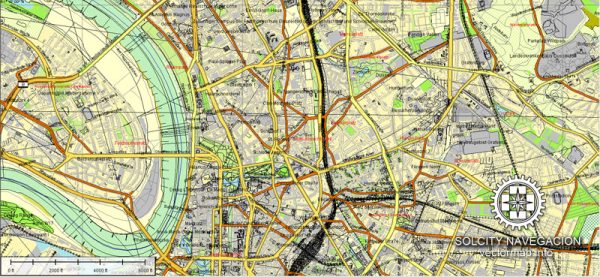
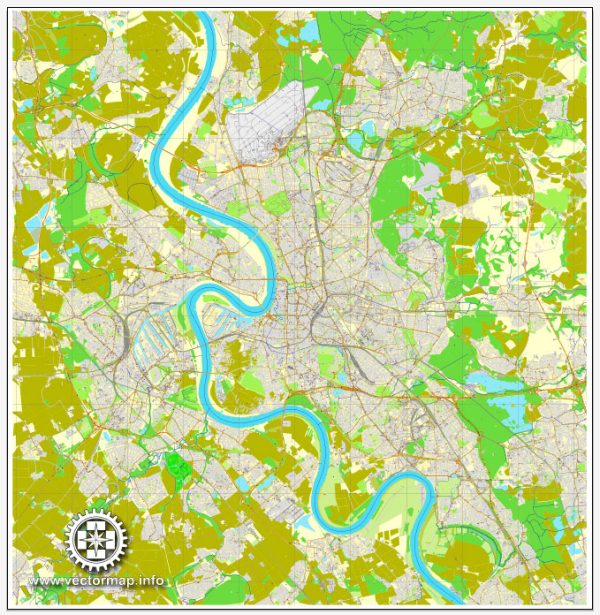
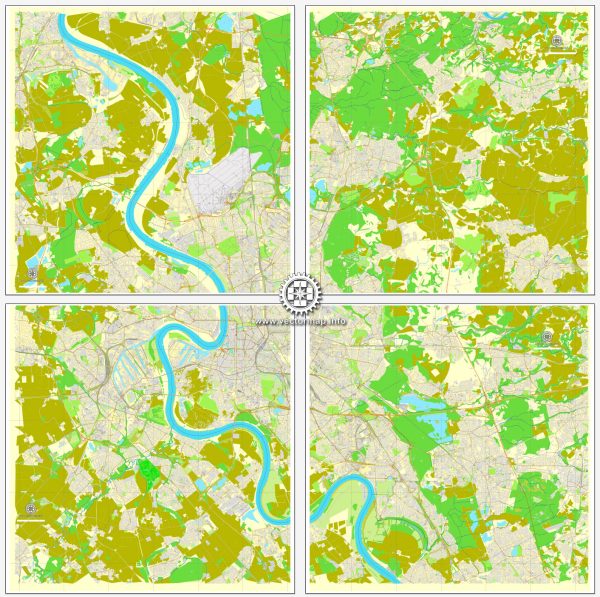
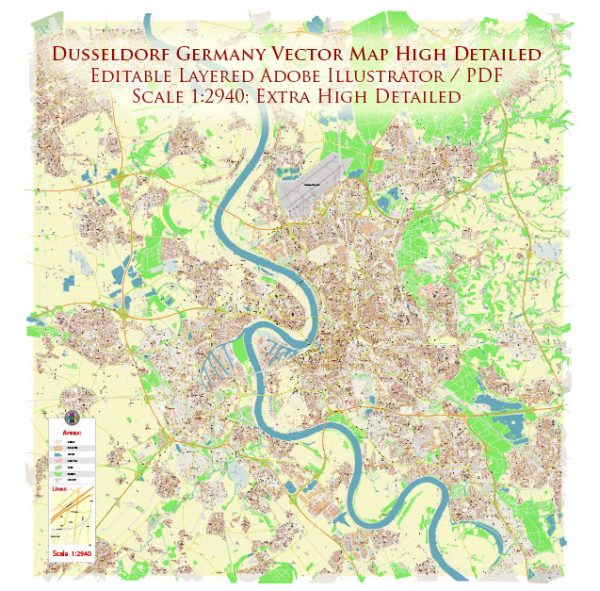
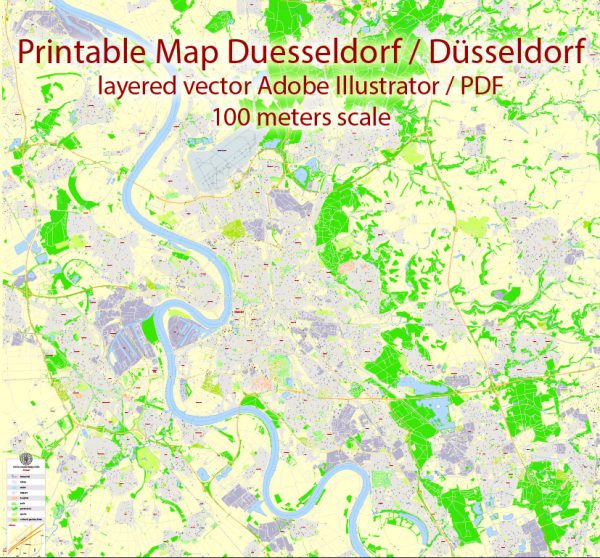
 Author: Kirill Shrayber, Ph.D. FRGS
Author: Kirill Shrayber, Ph.D. FRGS